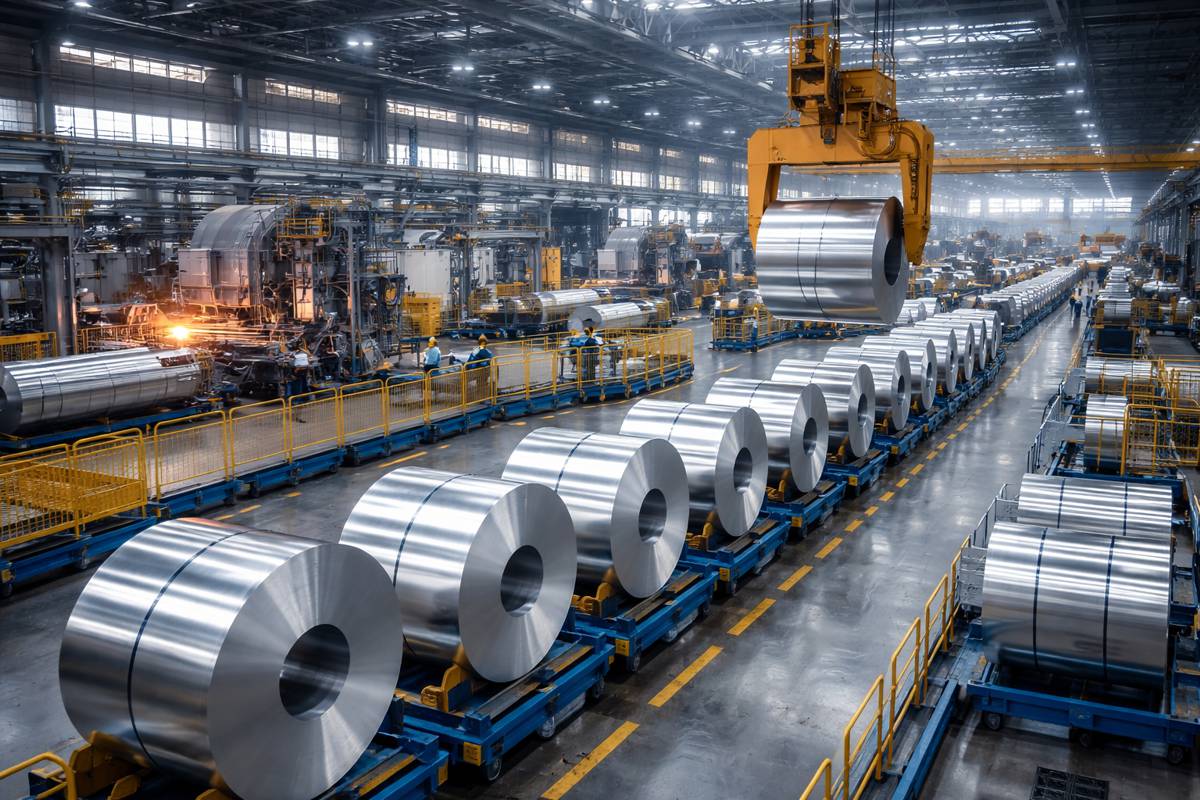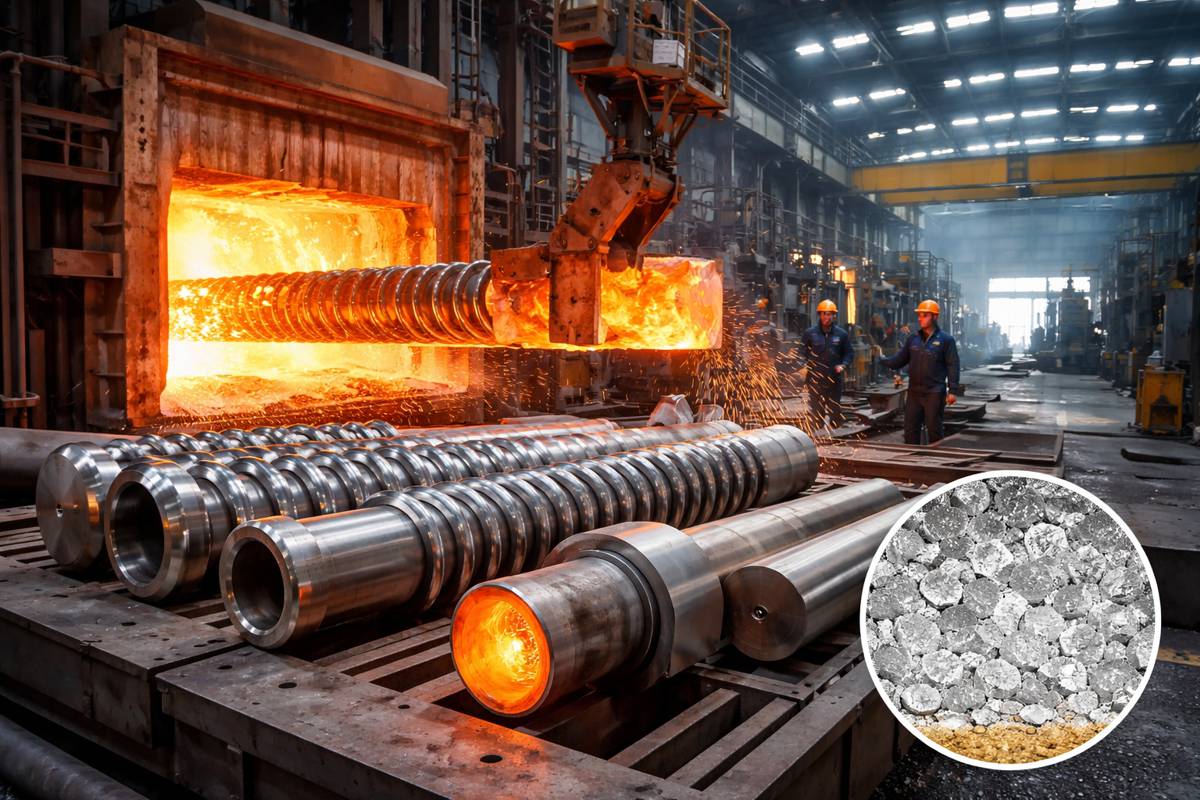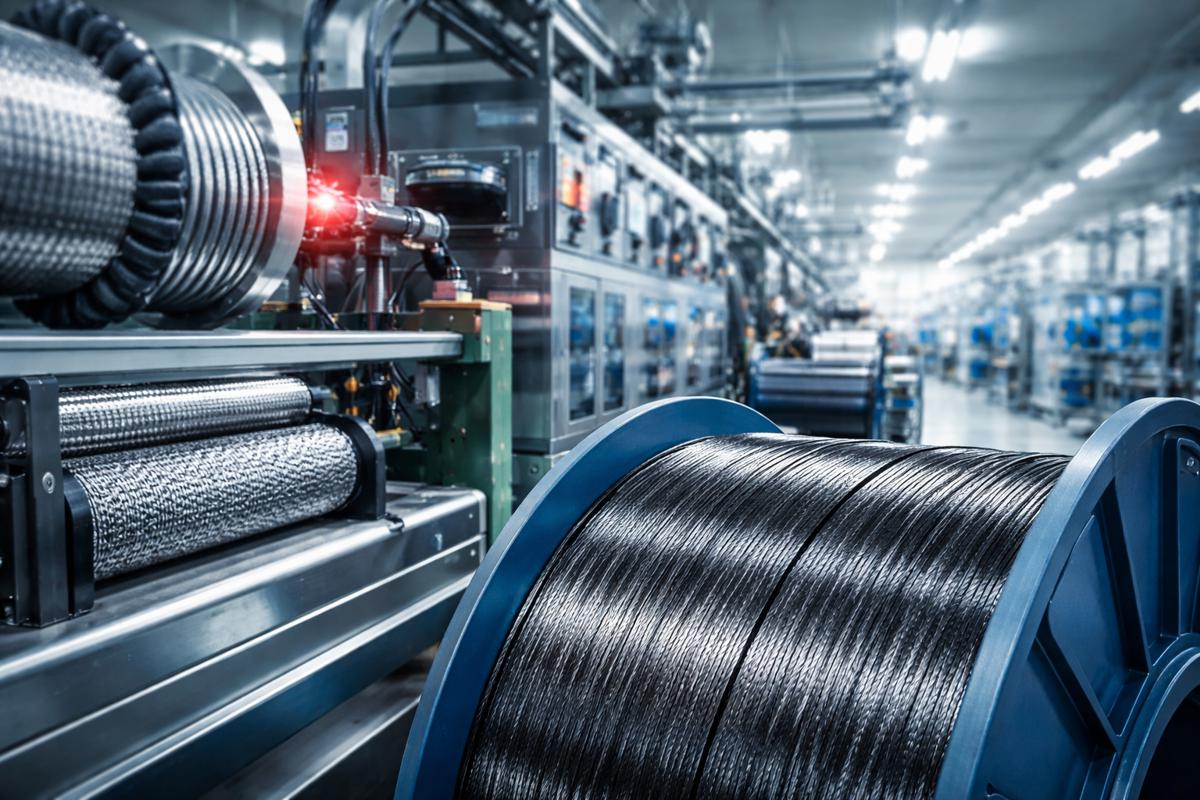Are Biobased Building Materials less Sustainable than Concrete?
Scientists at the University of Bristol have discovered that mycelium composites, biobased materials made from fungi and agricultural residues, can have a greater environmental impact than conventional fossil-fuel-based materials due to the high amount of electricity involved in their production.
In the findings, published in Scientific Reports, the team show that this is further exacerbated in countries like South Africa where fossil fuel is the main source of electricity. This isn’t helped by mycelium composites’ shorter lifespan and the need for multiple replacements over the duration of long-term applications, thereby increasing their overall environmental impact.
Despite this discovery, they also concluded that the overall potential damage on the environment caused by this technology can be mitigated by incorporating alternative energy sources like firewood.
Lead author Stefania Akromah explained: “Mycelium composites are considered a sustainable alternative to traditional fossil fuel derived materials.
“However, the sustainability of these materials depends on various location-specific factors like resource availability, economic structures, cultural practices, and regulations.
“Our main focus was to determine if producing mycelium composites is sustainable in Africa and to identify which manufacturing processes have the most potential to damage the environment.”
Now team plans to evaluate the environmental impact of mycelium composite technology under various scenarios aimed at reducing the overall footprint, to conduct uncertainty analysis to verify the accuracy of the current results, and to compare the footprint of mycelium composites with other emerging green materials that are or could be used in Africa. Additionally, they are also looking to investigate the economic feasibility and social implications of the technology to provide a comprehensive evaluation of its sustainability.
Stefania continued: “Africa faces heightened vulnerability to climate change impacts owing to its limited financial resources, making it crucial to mitigate these impacts as much as possible.
“This study offers valuable insights that can be used to proactively address the potential impact of this technology on the environment and human health.
“It was interesting to find that even a technology that is generally perceived as sustainable can sometimes have a greater environmental impact than conventional fossil-fuel-based materials. This highlights the importance of life cycle assessment studies and the need to carefully consider all factors, including energy sources and lifespan, when evaluating new materials.”
“Stefania’s work just demonstrates that it’s important, when conducting LCAs, that geographical considerations, and cultural practices, are taken into account, to calculate sustainability. The right decisions can then be made to ensure that manufacturing has as low an impact as possible, while also contributing to local economies and African livelihoods.”, said Professor Steve Eichhorn, Director of the Centre for Doctoral Training in Composites, Science and Manufacturing (CoSEM) – from which this study was funded.
The research was conducted using a life cycle assessment (LCA) methodology following the ISO 14040 and 14044 standards for evaluating the environmental impact of materials or processes.





























